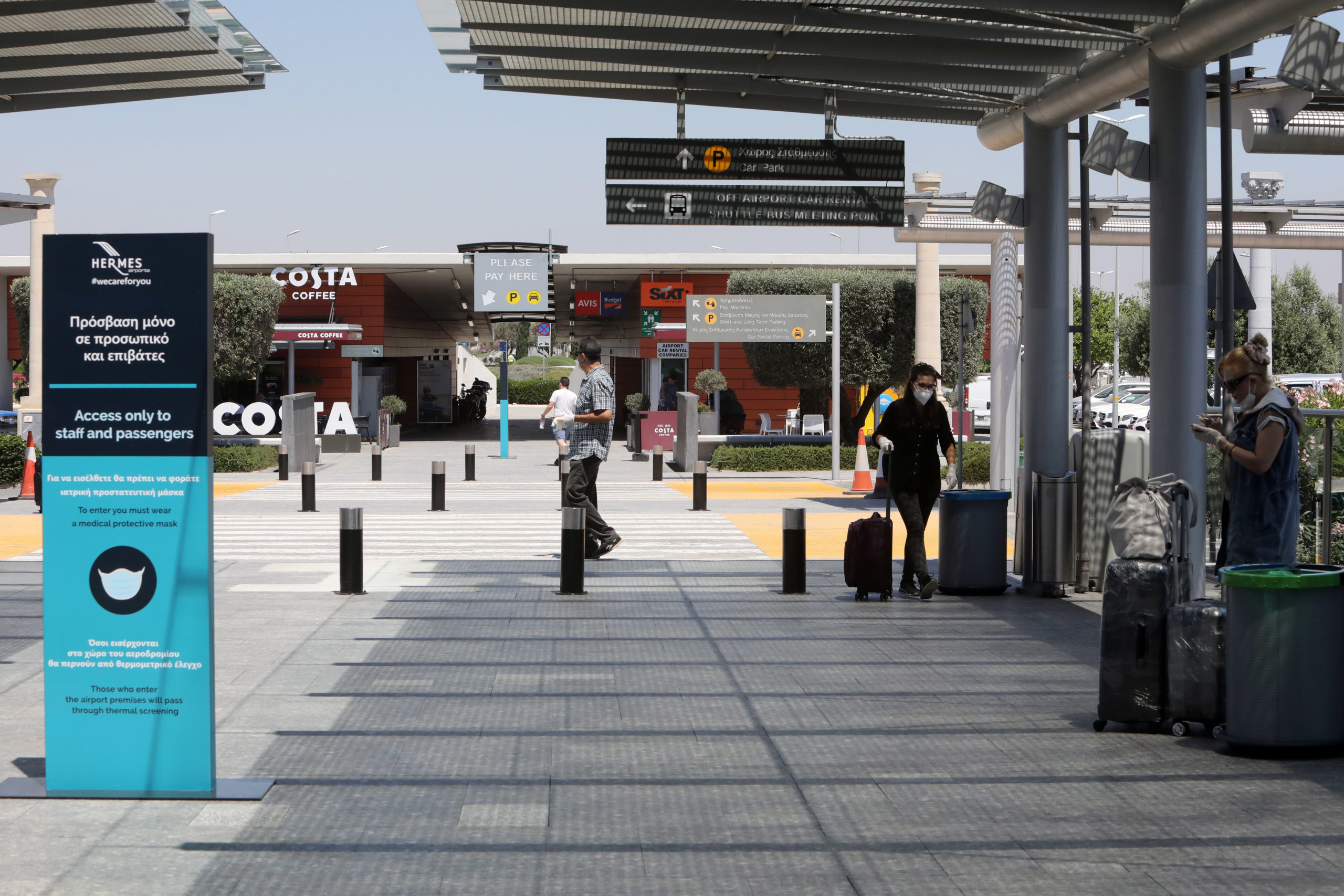Larnaca Airport saw a lowly 7,000 passengers flying in and out in the first week since it reopened on 9 June when the lockdown was lifted on commercial flights.
A year ago, Larnaca Airport handled 942,297 passengers going through its doors in June as the summer picked up.
It’s a very different story in a post-COVID landscape, airport figures show a total of 85 flights to and from the airport took place during 9-15 June.
Of these, 42 flights were inbound, carrying some 2,950 passengers, another 4,039 passengers left the island on 43 flights.
In addition, some 19 repatriation flights took place, with nine aircraft bringing 618 passengers to Larnaca while another 608 departed on 10 flights.
Repatriations flights were carried out from Egypt, Qatar, Romania, South Africa, Ukraine and the UK by Blue Air, Carpatair, Cyprus Airways, Egypt Air, Sky Up and Wizz Air UK.
Commercial flights to Larnaca Airport were carried out by Wizz Air (Sofia, Iasi, Budapest, Varna and Vilnius), Aegean (Athens and Thessaloniki), Cyprus Airways (Athens), Bulgaria Air (Sofia) and Austrian Airlines (Vienna).
Paphos Airport is set to welcome its first commercial flight since the lockdown on Sunday 21 June.
The first flight will be carried out by Ryanair arriving at Paphos Airport from Salonica, at 7 pm.
Transport Minister Yiannis Karousos will be there to welcome the first tourists arriving at Paphos Airport with around 70 passengers expected.
Airports have been closed to commercial flights from 21 March when the government stepped up its response to the COVID-19 outbreak, imposing a general lockdown on the island.
Currently, and until June 20, all travellers arriving in Cyprus must provide proof that they have tested negative for COVID-19 a maximum of 72 hours prior to arrival.
Cypriots and other travellers who reside permanently in Cyprus, who can prove that such tests are not easily available in their country of departure can take the test upon arrival but must remain in a designated quarantine facility for 24 hours or until the result is known.
From June 20, the test will not be required for countries in group A, such as Greece, Malta, Germany and Austria.
Travellers from countries in group B will still need a coronavirus test, which includes Israel and Poland.










